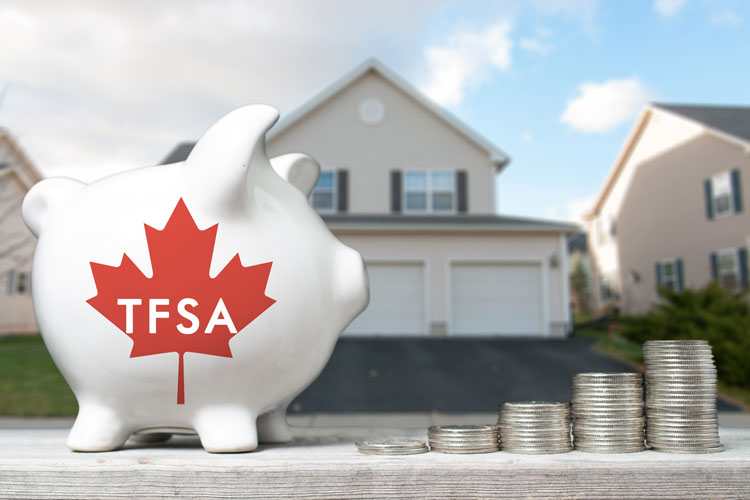
What is better than tax-free? RRSPs were first introduced in 1957 to assist self-employed individuals and employees who were not members of a registered pension plan (RPP) to save for their retirement. Quite simply, an RRSP is an investment plan registered with the Canada Revenue Agency (CRA).
Billions have been poured into RRSPs since they were first introduced. Now, we have the tax-free savings account (TFSA) or, more accurately, a tax-free "investment" account. Don't get sucked into buying a bank GIC in your TFSA.
Canadian residents 18 years of age or older can open a TFSA if they have filed a tax return. Simply put, you can contribute a maximum of $6,000 per year, and your earnings will be tax-free. When they started in 2009, they didn't sound like much, but if you maximize contributions each year, the savings add up tax-free. An investor who has yet to open a TFSA and qualifies for the maximum contributions can deposit $ 75,500 into a new account this year, with another $ 6,000 of room available in 2022. You can invest in various options, stocks, bonds, investments funds, and alternative investments.
If you take money out of your TFSA, you don't lose the contribution room–you get it back in the following year, but you will have to wait until the following year before you can put the money back in. As with RRSPs, the contribution room gets carried forward each year, and you can hold more than one TFSA account up to an annual maximum of $6,000 per person–that's $12,000 per year for couples.
The big bonuses for retirees are that it will not affect Federal income-tested benefits and credits, so it will be easier to save, and you can name a beneficiary. Hence, it passes tax-free to your beneficiaries. Why not earn fully taxed interest income, given it is tax-free, inside a TFSA account? You are also creating a larger tax-free estate. You always have access to your money, can use funds to help beneficiaries now for immediate needs, or leave it to them when you pass. TFSAs are a great tool to help you save for retirement and, ultimately, pass assets to the next generation.
Sounds good so far, but wait a minute; what if I'm an incorporated professional? Well then, you might want to pass on the TFSA as it makes no sense to take money out of your corporation and pay tax on the withdrawal just to then start accumulating tax free again. If you are incorporated and have been regularly contributing to a TFSA, you need to get advice before contributing again.